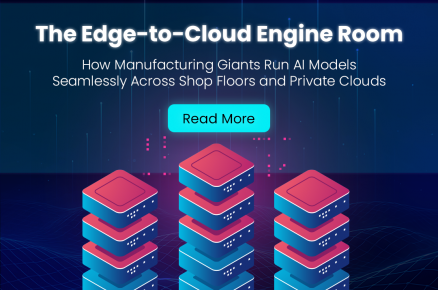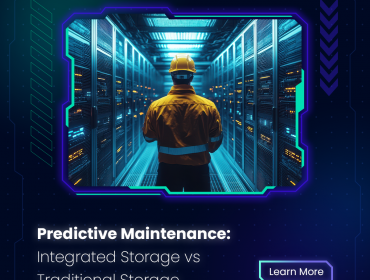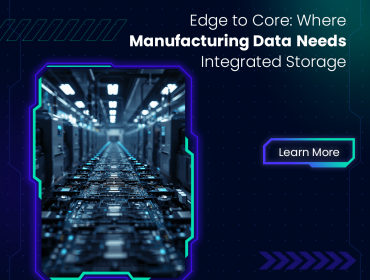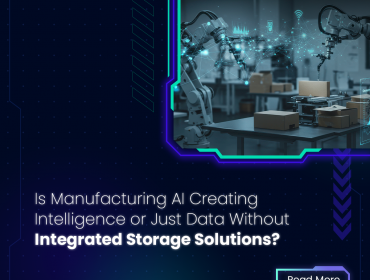Introduction
In today’s rapidly evolving technological landscape, businesses are constantly seeking innovative solutions to streamline operations and maintain a competitive edge. Hyper-Converged Infrastructure (HCI) has become a cornerstone for modern IT infrastructures, promising enhanced performance, scalability, and simplified management. Among the leading solutions is Tyrone Skylus, which merges compute, storage, and networking into an integrated system, offering significant benefits to stakeholders.
Understanding Hyper-Converged Infrastructure
Analyzing Key Components
HCI integrates compute, virtualization, storage, and networking into a single cohesive cluster, as noted by Cisco. This architecture allows businesses to manage resources efficiently and scale seamlessly from as few as three nodes, catering to growing computational and storage needs.
Identifying Benefits
The primary advantage of HCI, as highlighted by sources like Sangfor, lies in its ability to enhance performance through software-defined storage and advanced networking capabilities. This optimization minimizes latency and accelerates workload processing, a critical factor for businesses requiring high-speed operations.

Advantages of Tyrone Skylus HCI Solutions
Streamlined Management
One of Tyrone Skylus’s standout features is its Single Management Dashboard, which simplifies infrastructure oversight by consolidating monitoring and management tools. This feature provides stakeholders with intuitive VM performance visualization and logs, ensuring clear insight into operational health.
Scalability and Flexibility
Tyrone Skylus offers rapid virtual machine (VM) creation and easy VM resizing, as mentioned in the Tyrone Systems chunks. This modular architecture is vital for businesses needing to adapt quickly to changing demands, allowing for the seamless integration of new services without significant overhauls.
Enhanced Security and Isolation
Tyrone Skylus includes robust security measures, such as advanced security management and project isolation through multi-tenancy. This ensures different users can access the same cloud resources without compromising data integrity, a critical aspect for stakeholders concerned about data privacy and compliance.
The Role of HCI in Modern IT Strategies
Modernizing IT Acquisition
As highlighted by Park Place Technologies, HCI solutions like Skylus help modernize and streamline IT acquisition models, delivering a cloud-like experience. This aspect allows businesses to respond dynamically to market changes and technological advancements.
Driving Innovation and Efficiency
Tyrone Skylus’s architecture supports the rapid integration of cloud-native applications and existing workloads. This compatibility ensures that businesses remain at the forefront of innovation, enhancing efficiency and productivity across teams.
Implications for Stakeholders
Strategic Alignment
For stakeholders, the integration of Tyrone Skylus HCI into IT infrastructure means aligning with modern digital business innovations. As Gartner suggests, understanding and leveraging these trends are crucial for maintaining a strategic advantage and achieving long-term goals.
Cost Management
By reducing complexity and consolidating resources, HCI solutions can lead to significant cost savings. The elimination of separate hardware components such as routers and switches reduces both capital expenditure and operational costs, a critical consideration for financial stakeholders.
Future-Proofing IT Infrastructure
The evolution of IT infrastructure towards advanced technologies like AI, IoT, and edge computing is reshaping business operations. Tyrone Skylus, with its scalable, secure, and flexible design, positions enterprises to adapt to these trends efficiently, safeguarding investments for the future.

Conclusion
The benefits of adopting Tyrone Skylus HCI solutions are clear. From streamlined management and enhanced performance to cost savings and security, Skylus offers a comprehensive approach to modernizing IT infrastructure. For stakeholders, understanding and implementing such cutting-edge solutions is essential to stay competitive and responsive to future technological advancements. By embracing HCI, businesses can truly future-proof their operations and continue to thrive in an increasingly digital world.












